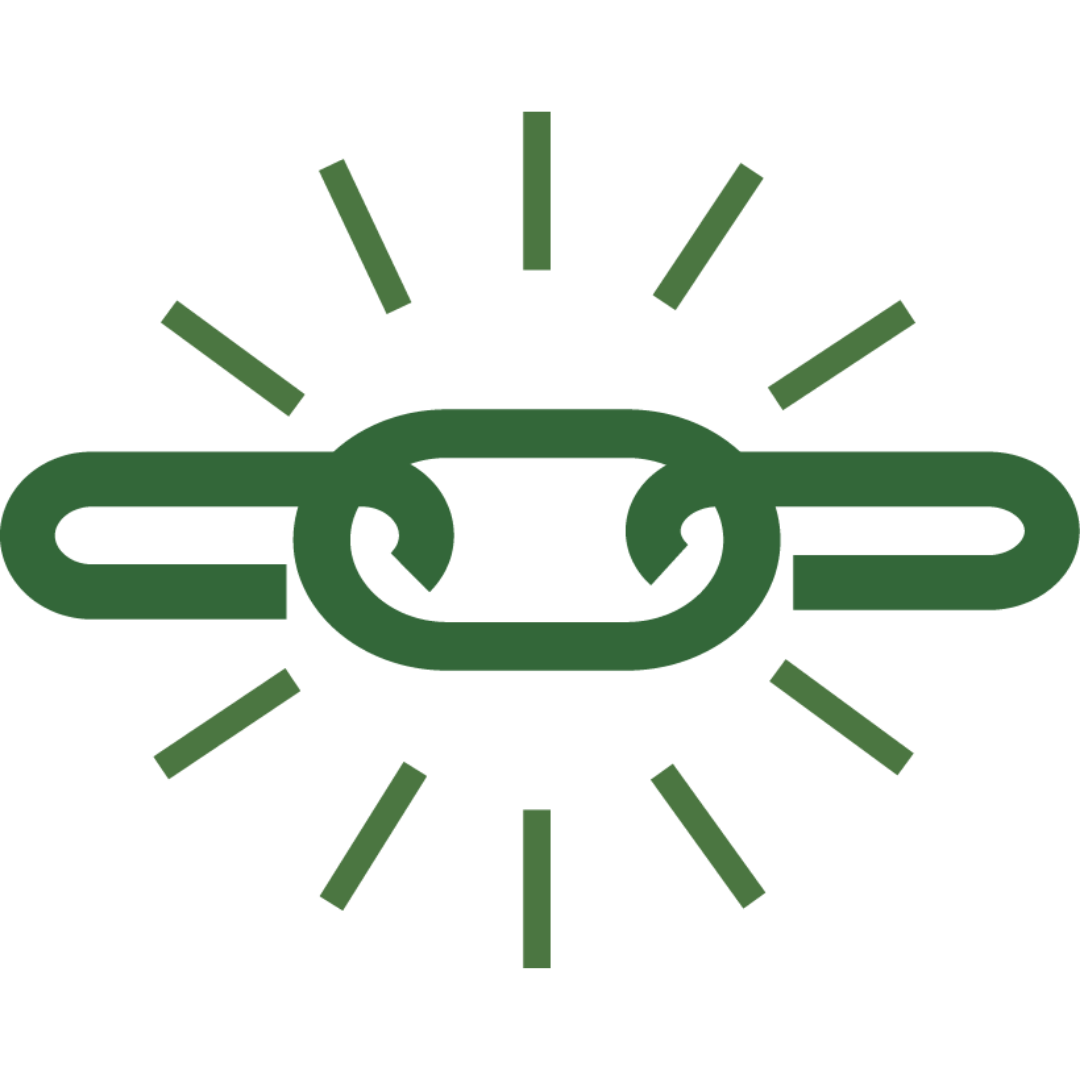Where does all your trash go?
…
And what does it mean to “do away with away”?
In the last article you learned a bit about the history of Gaia.
In this article you’ll learn about one of my biggest takeaways from Gaia: the concept of doing away with “away”…
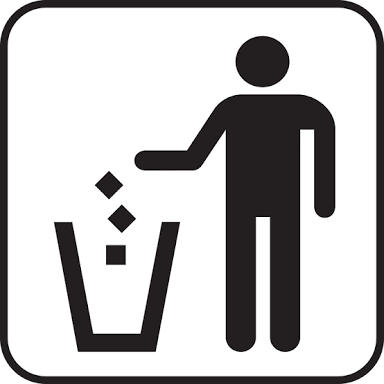
The problem in your everyday world is that you probably don’t have a clear understanding of all of the conenveniences that you are afforded. You probably have electricity, running water, gas, and trash service.
It’s the last one that you’ll dive into in more detail here…
That is, where does all the trash go?
If you’re like me, you don’t really think about it that much. In fact, wherever you go you come to expect that there will be trash bins where you can throw things “away”.
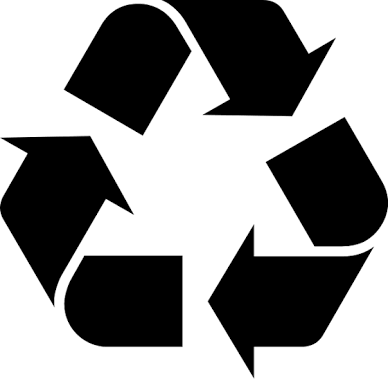
But you may be thinking, “But we also have recycling”. That’s true but then that brings up another question:
Where does the recycling go?
If you care about the environment then you probably hope that the recycling is reused without a lot of overhead and destruction to the environment. And you hope that the trash is also safely taken away and put somewhere so that it gives back to the earth…ideally so that it turns back into earth!
But…what’s really going on?
When you recycle, unfortunately much of it ends up in landfills because there’s simply no value for the market to buy it and reuse it…thanks in part to our non-stop drive towards growth, expansion and accumulation of supposed wealth.
This gives us landfills with a mixture of everything that we throw away. Organic materials that in time will turn back into soil along with inorganic materials that inhibit soil regeneration.
(You can listen to more on NPR’s Planet Money podcast on the economics of your Trash here.)
So then…what’s the solution?
You take control of your trash by not buying inorganic materials. You can reuse shopping bags. Fill water bottles instead of buying new ones and don’t buy plastics.
But in our world of modern-day convenience where we’re too rushed to have to care about reusing things, it’s much easier to sell and buy the plastic and then simply throw it away.
And sometimes it seems that there’s simply no option in regards to your buying options because plastic is the preferred way to go.
Bummer…so what then is the solution?
At Gaia, there were no general waste bins. Instead we separated things into four categories:
1. Uncooked organic waste
2. Cooked organic waste
4. Inorganic plastics
What did we do with this stuff?
The uncooked organic waste was used in compost.
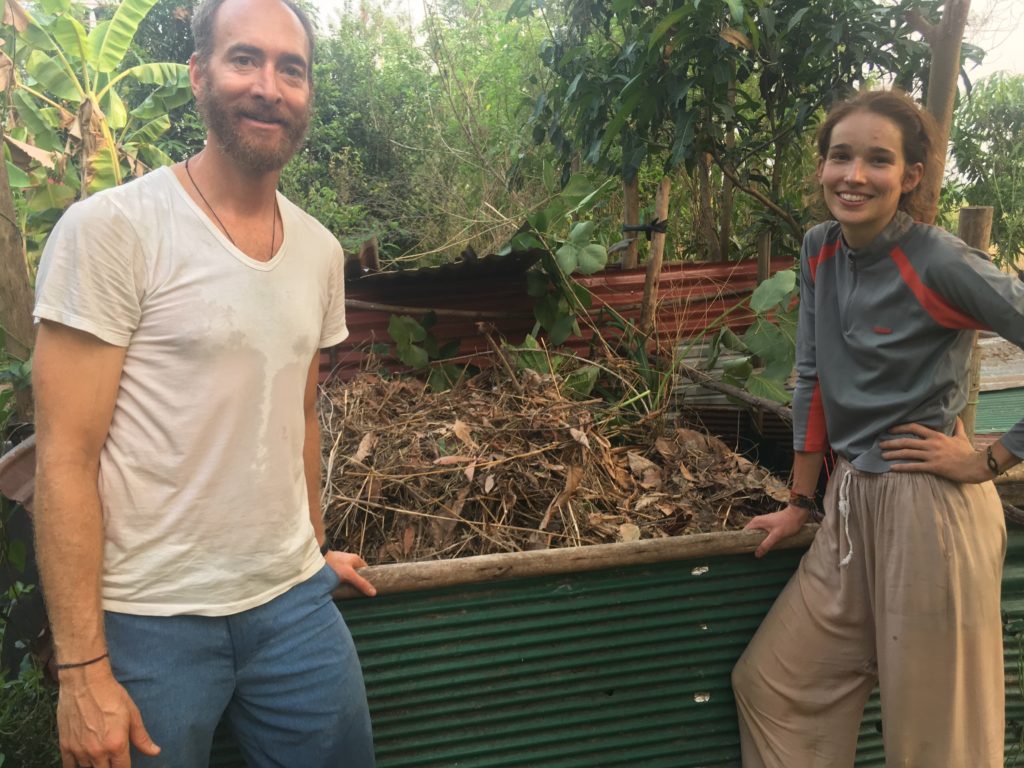
The cooked organic waste was buried near banana plants.
And the inorganic waste was washed, dried and used to make eco-bricks…as a material for building.
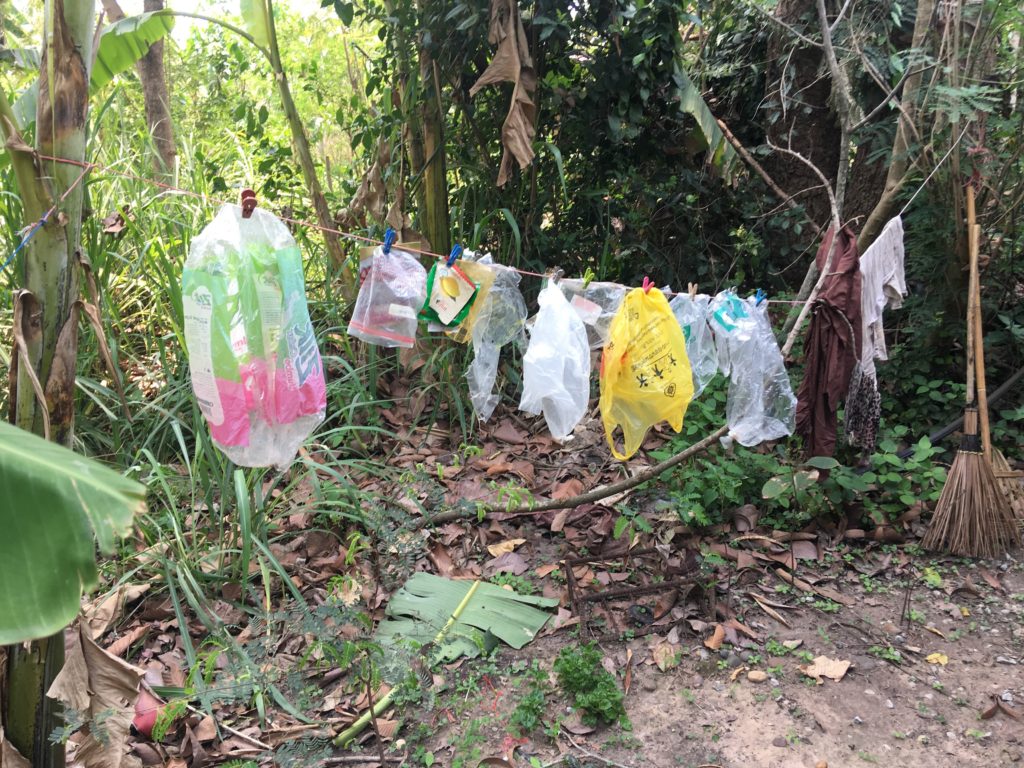
What can you do to help?
You can do much of the same:
Avoid buying plastic
Make your own eco-bricks and give them to someone who can use them
Compost your food scraps for use in your home garden
Bury your cooked food
It’s worth noting that the plastic you use ends up in your body, some of which is confused and used by your body as estrogen – in the form of what’s called xenoestregens. These xenoestrogens will disrupt your hormonal balance (endocrine system) of your body. So this is another good reason not to use plastics because they leach into the food and liquids you eat and drink. And they end up in the oceans, ground and water…not only causing harm to your body but also your environment around you.
You can even take it a step further…
Thank about what happens when you use the bathroom. You do your thing on the toilet and flush. Where does that go? What happens with your pee and poo? It travels along pipes to a processing facility where I imagine a lot of harsh chemicals are used and pollutants and therefore introduced to our environment.
Just like you can compost your food, you can also compost your poo. I was impressed with the richness of soil that’s produced from composting.
So…what are you going to start doing today to help our planet?
What can you do instead of buying plastic?
What about composting? Do you have a garden nearby that would take your soil? I would bet there is!
That’s all for now. In the next article you’ll learn about ecovillage social dynamics…
